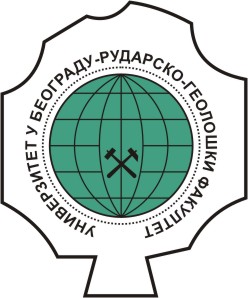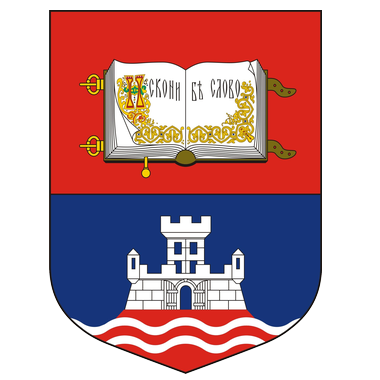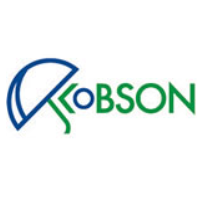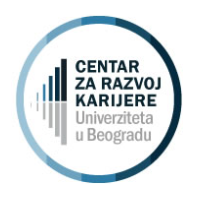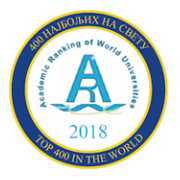Content:
Theory teaching
Elements in nature (arrangement of elements by the wrappers of the earth, distribution of elements in nature, forms of finding elements in nature). Inorganic chemistry: Elements of the main subgroups of the periodic table of elements (A group): General characteristics of elements IA, IIA, IIIA, IVA, VA, VIA, VIIA and VIIIA groups. The most important features and the most important compounds of some elements of the main subgroups: H, Na and K; Mg, Ca and Ba; Al; C and Si; Sn and Pb; N and P; O and S; F and Cl. Element of secondary subgroups of periodic table of elements (B group): General characteristics of elements IB, IIB, IIIB, IVB, VB, VIB, VIIB, and VIIIB groups. The most important properties and the most important compounds of some transition metals: Cu, Zn, Cr, Mn, Fe, Co i Ni. Electrochemical properties of metals. Radioactive elements. Organic chemistry. Introduction to Organic Chemistry; specific nature of atom C and hybridization of atomic orbitals of C atom, functional group of organic compounds, nomenclature and isomeria. Hydrocarbons (alkanes, alkenes, alkynes, cycloalkanes and aromatic hydrocarbons). Polymers. Practical teaching
Stoichiometry; hydrogen; alkaline (Na and K) and earth alkaline (Mg, Ca and Ba) methals; amphotericity of hydroxide (Al, Sn and Pb); carbon (carbonates and hydrogen carbonates); carbon (oxides CO and CO2), nitrogen (NO and NO2 oxides), sulfur H2S and SO2), sulfur (sulfates); complex compounds; identification reactions: Fe3+, Co2+, Ni2+, Zn2+ and Cu2+ ions; electrochemical properties of metal-corrosion; methane and acetylene |
Suggested Reading List:
- S.Nešić, S.Marinković, A.Kostić-Pulek, Opšta i neorganska hemija, Izdanje RGF Beograd 2003
- N.Glinka, Obšaя himiя.Izdatelюstvo ” Himiя ” , Leningrad, 1977
- N.Glinka, Zadaci i vezbe iz opšte hemije, Grifon, Beograd, 2000 (prevod)
|
